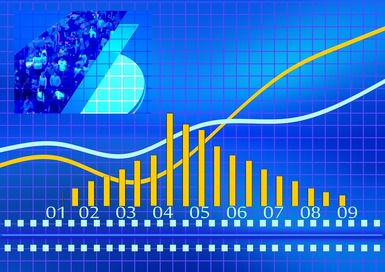|
Lately it’s hard to find someone who is a legit data scientist and yet doesn’t talk about Stats as if it’s a new religion or something. Don’t get me wrong; I find Stats a very useful tool in data analytics, especially data science. However, there are other, usually most suitable options out there to have in one’s data science toolbox. First of all, Statistics is the state-of-the-art approach to data modeling, if you live in the mid 20th century. In our time, Stats, particularly frequentist Stats, is greatly outdated and many of the assumptions it makes about the data don’t make any sense. Also, transforming the data so that it fits the assumptions many Stats models make, is a time-consuming process which may or may not be worth the trouble. Of course if you know nothing else, or have trust issues with novel modeling options, then Stats may be the best option for you. In this case, however, it is best to brand yourself as a Stats professional instead of a data scientist, since the latter implies that you do more than just Stats. In addition, pretty much all of the metrics used in Stats can be improved heavily by negating the normality assumption. The more data I come across, the more certain I am that this assumption may make sense in some cases, but in the majority of cases it doesn’t hold. So, using metrics that have this assumption embedded in them doesn’t really help anyone. What’s more, all this framework inevitably shapes one’s mindset and so if you get used to the unreasonable assumptions Stats usually makes about the data, you may not be able to think of the data in a different way. Moreover, with the advent of A.I., especially the A.I. that’s directly applicable to data science, the data transformation and modeling options available to data scientists have increased dramatically. So, relying on Stats is more of a preference rather than a necessity. Besides, it’s extremely unlikely that a Stats model will be able to outperform an A.I. one when the latter is well configured. Finally, there are other new data analytics methods waiting to be discovered and used in data science. Heuristics have made a comeback and are more and more popular in data science research, especially when it comes to complex datasets. So, sticking to Stats when there is a plethora of possibilities out there that can tackle a problem more effectively is just depressing. Having said all that, Stats is a useful subject to learn, as it can aid one’s learning of the data science craft. Much like learning basic Mechanics can be useful if you want to being a Physics professional, learning Stats can be quite useful. Sticking to it and thinking of it as gospel, however, is not. That’s why after learning about it, it’s best to seek to expand your understanding of data analytics through delving into other frameworks, such as Machine Learning, A.I. based systems, and heuristics. Stats is just one of the tools available in the data scientist's toolbox...
0 Comments
Your comment will be posted after it is approved.
Leave a Reply. |
Zacharias Voulgaris, PhDPassionate data scientist with a foxy approach to technology, particularly related to A.I. Archives
April 2024
Categories
All
|

 RSS Feed
RSS Feed